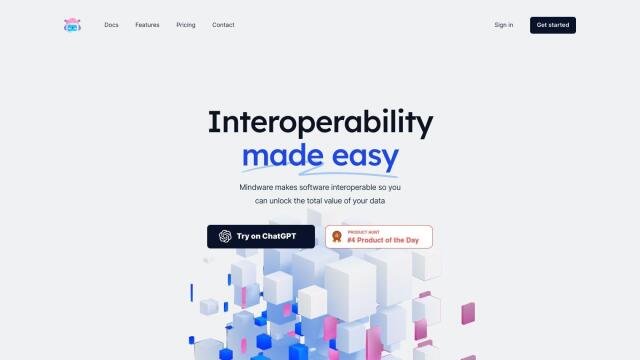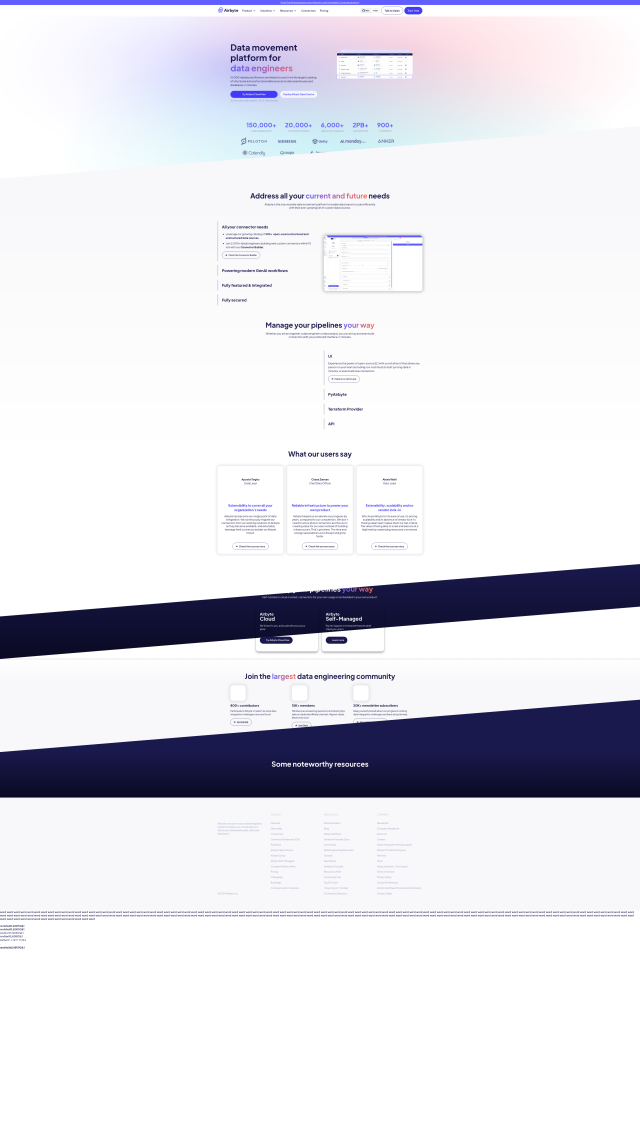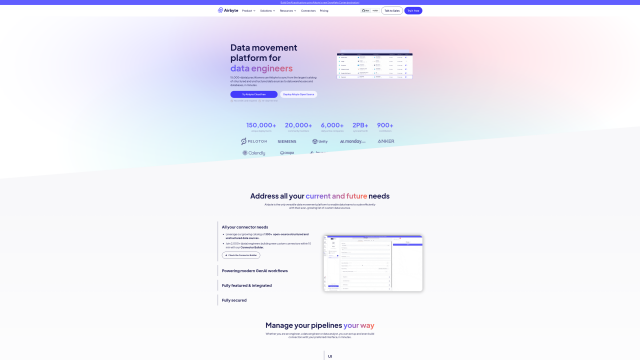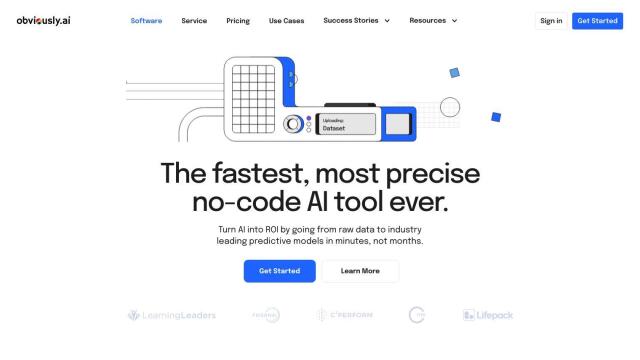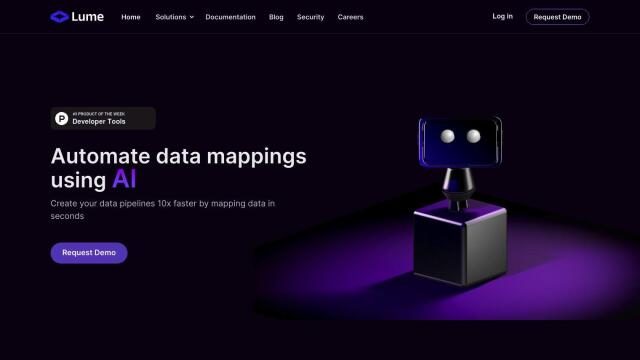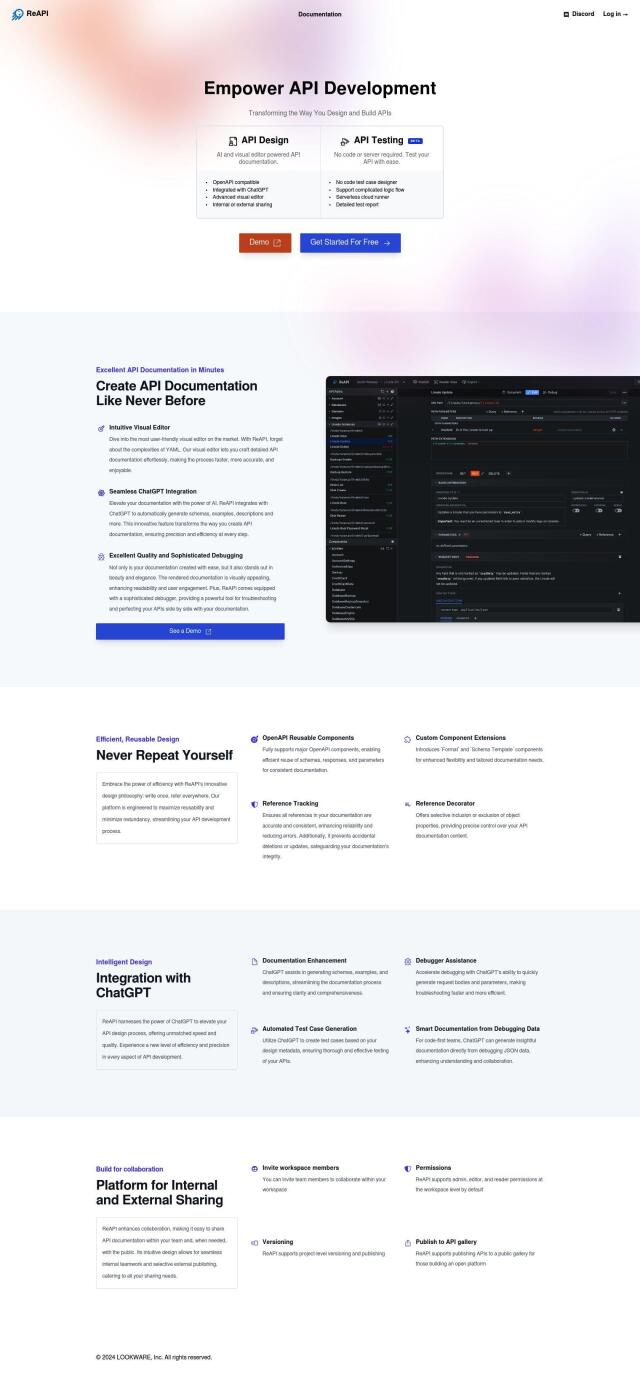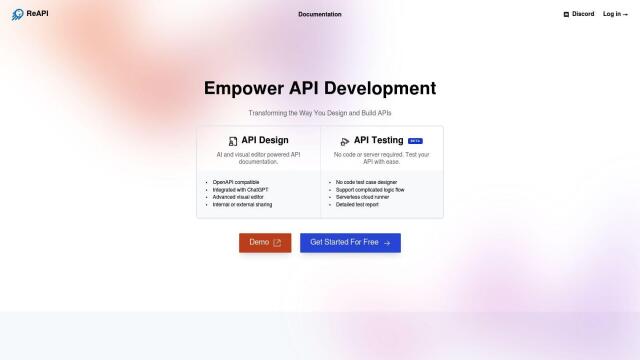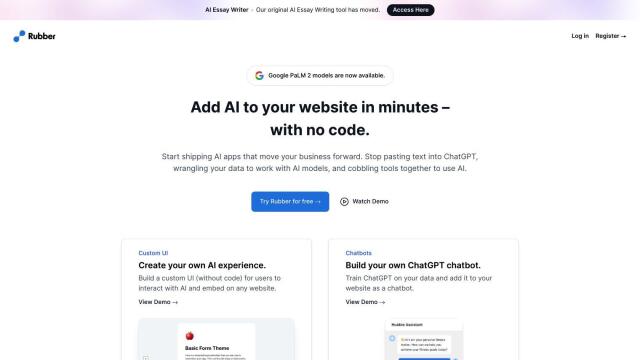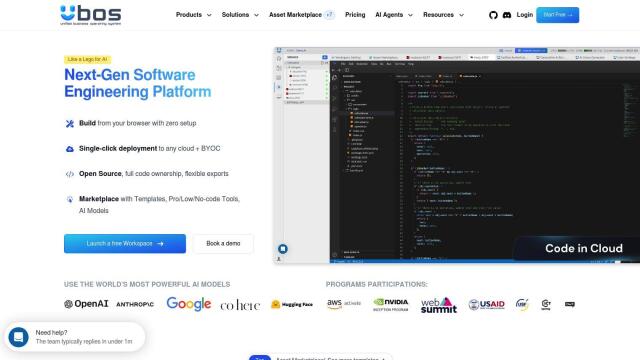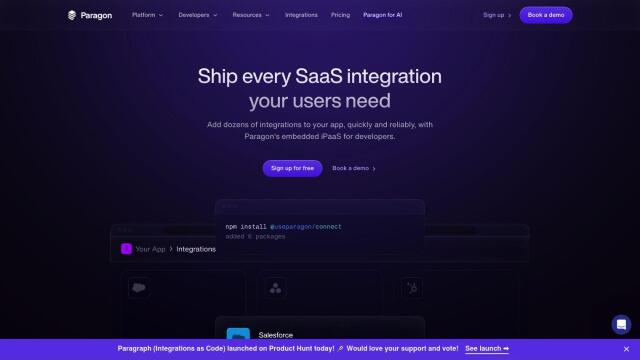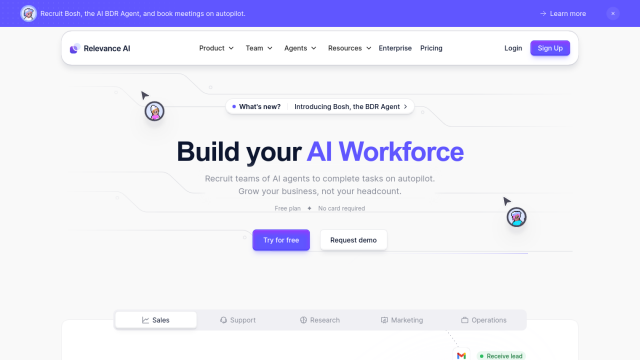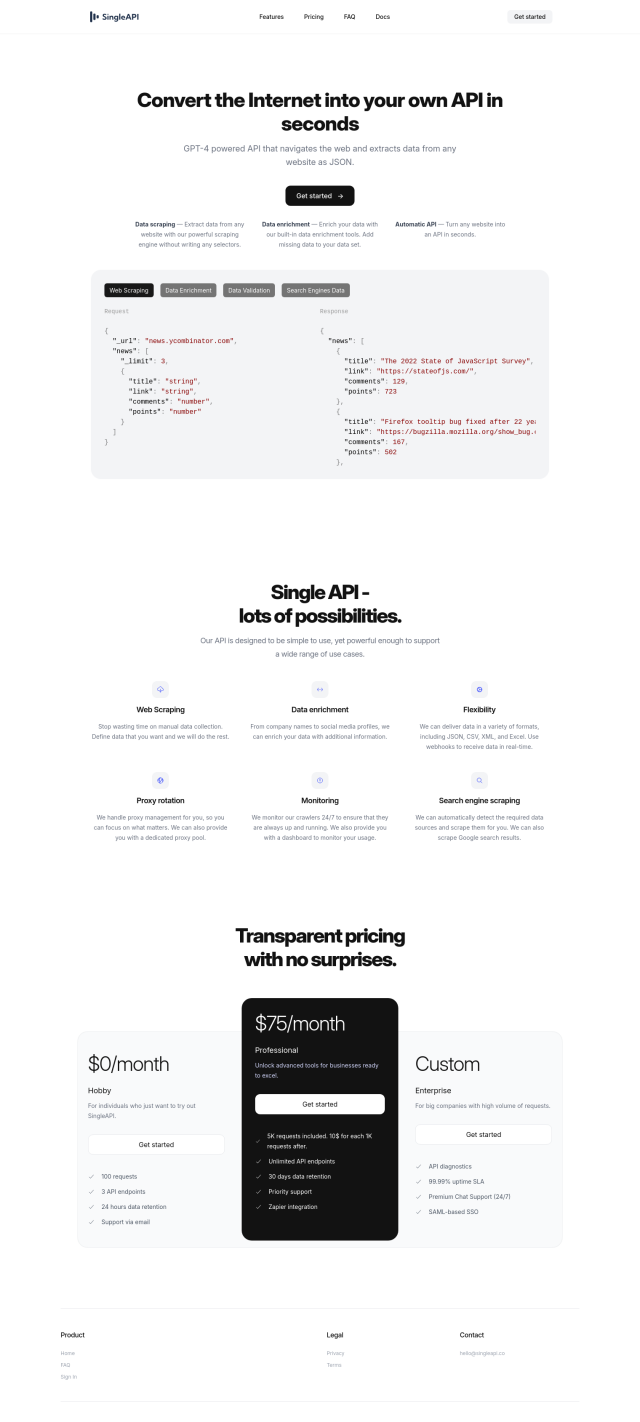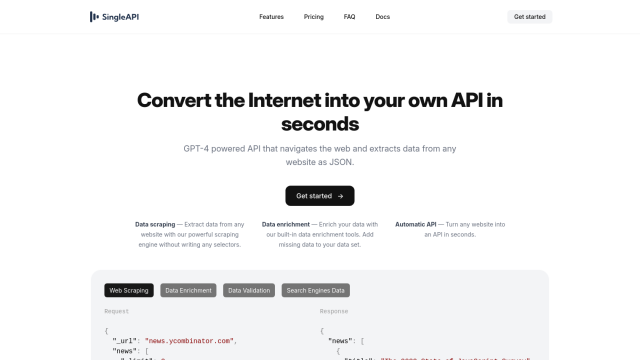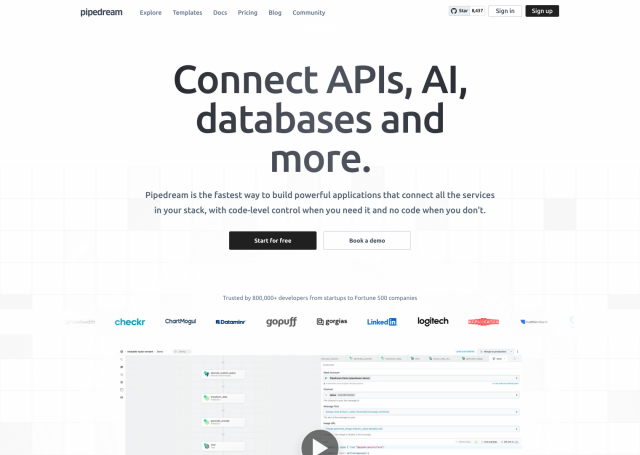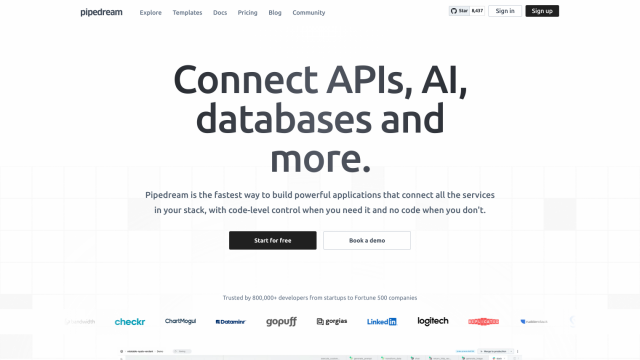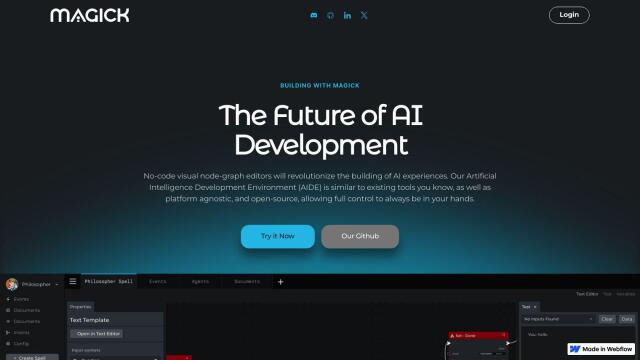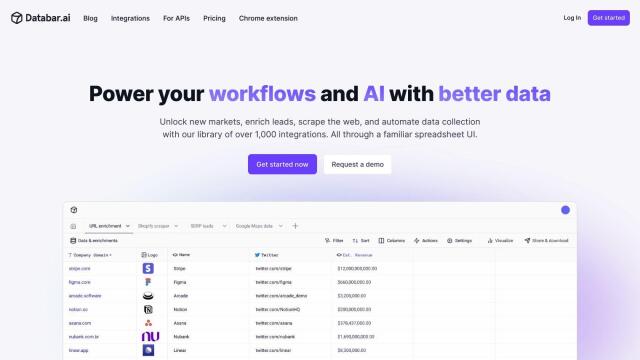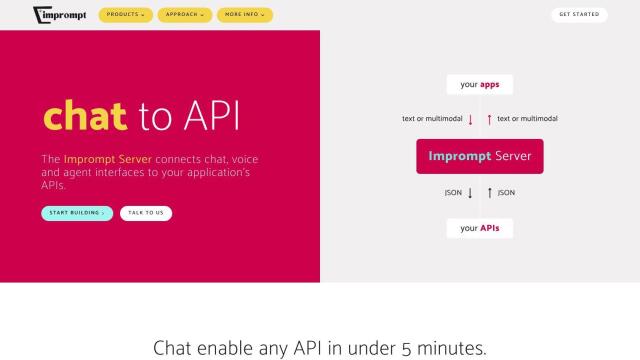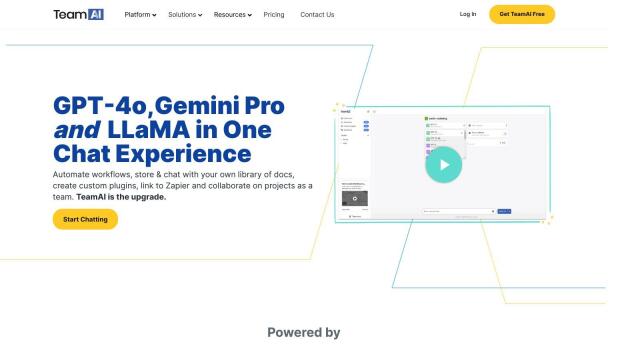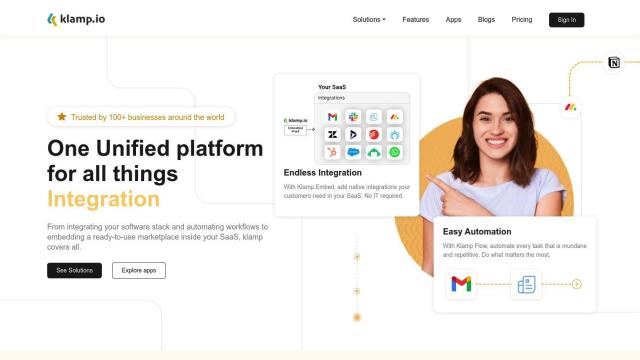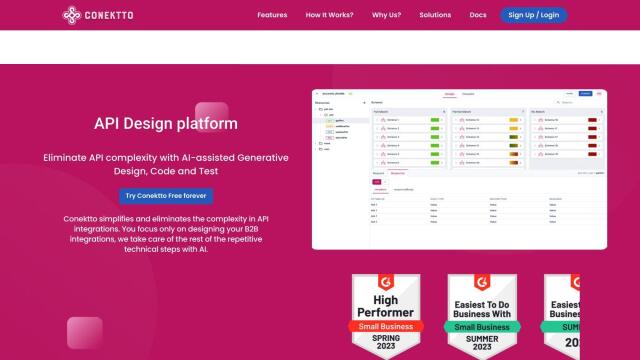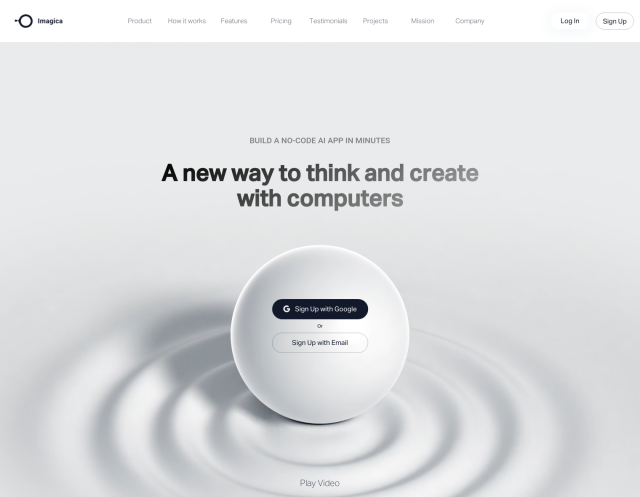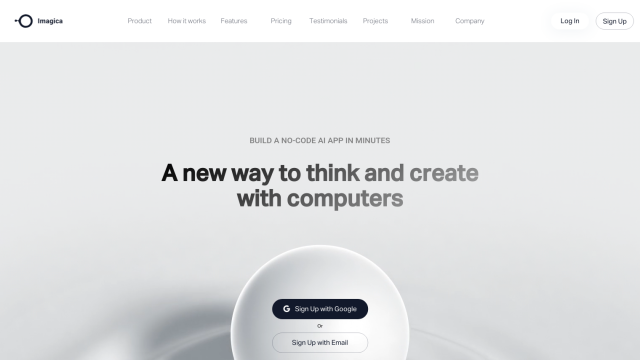
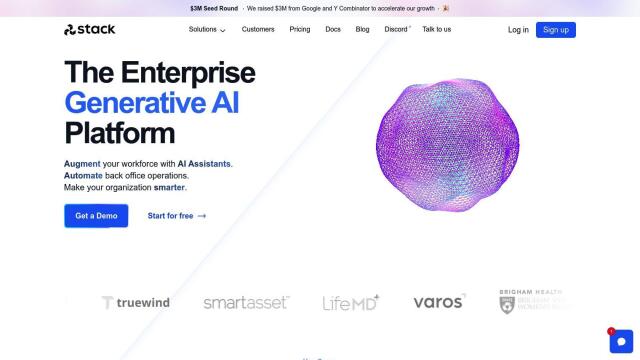
Stack AI
If you're looking for another Mindware alternative, Stack AI is worth a look. The service lets you integrate AI with many data sources, automating back-office work and using AI assistants to supplement your own employees. It has an interface designed to be easy to use, no programming required, enterprise-level security and the ability to run on your own premises, making it a good fit for a broad range of uses, including clinical support and student learning.

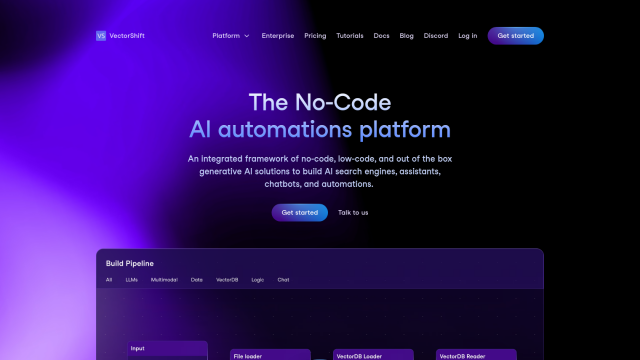
VectorShift
Another good option is VectorShift, an end-to-end AI automation service that offers a single foundation for building AI-powered applications like search, assistants, chatbots and automations. It offers a no-code interface with drag-and-drop elements, a code SDK for programming access to its API and a marketplace with more than 60 prebuilt pipelines to automate tasks. VectorShift can integrate with a variety of tool stacks, including Google Drive, Salesforce and Hubspot, and can tap into the latest large language models, so it's adaptable to a wide range of uses.


LLMStack
If you prefer an open-source option, LLMStack could be a good option. It lets developers create AI applications, including generative AI apps and chatbots, using large language models from big companies. The service includes a no-code builder for connecting LLMs to data and business processes without requiring programming skills. LLMStack supports vector databases for efficient data storage and multi-tenancy for managing multiple companies and user access, so it's good for a variety of tasks including building AI assistants and automating workflows.

